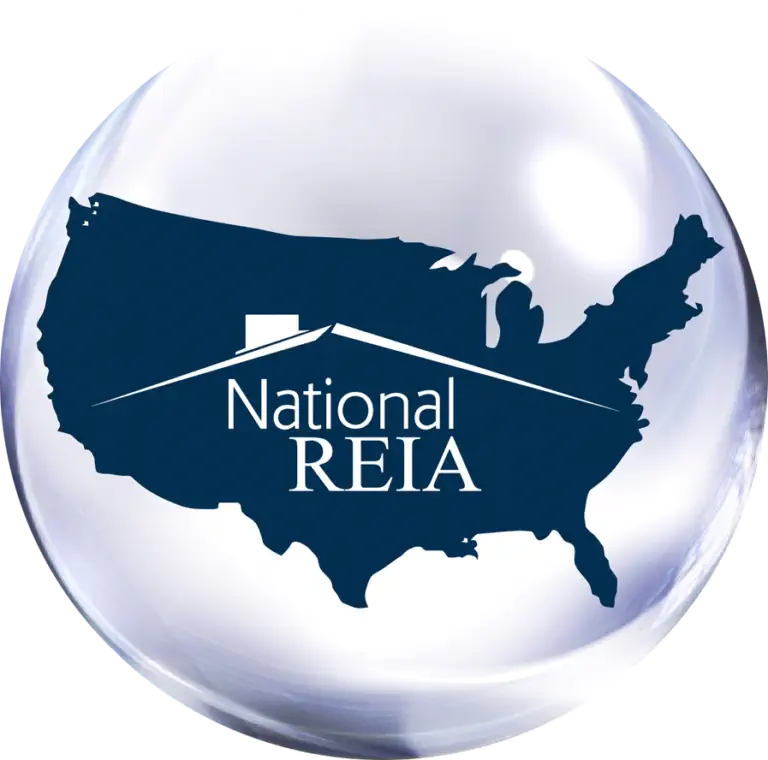If you’re running a business, whether it’s a little LLC for your real estate investments or a full-blown corporation, privacy is now officially dead. The Corporate Transparency Act (CTA) is here, and with it, a whole new world of transparency that you’re going to have to navigate. This law, which snuck into effect in 2021, mandates that you register your business’s beneficial ownership information with FinCEN—short for Financial Crimes Enforcement Network. You probably haven’t heard of FinCEN yet, but trust me, they’re about to become as common in your life as the IRS.
What Does FinCEN Want From You?
Here’s the deal: FinCEN wants to know everything about anyone who has a stake in your business, whether it’s a direct or indirect ownership interest. That means they’re going to require your name, birthday, address, passport number, driver’s license—you name it, they want it. The government says this is all about making things transparent and preventing money laundering and tax evasion. Sounds great, right? But let’s be honest, it’s the bad guys who will figure out how to get around it while you and I get stuck with the burden.
Time is Running Out: The Deadlines You Can’t Miss
If you already have a business entity, 2024 is the magic year. You’ve got until December 31, 2024, to report to FinCEN. But don’t wait until the last minute—this is not something you want to mess around with. If you’re thinking of starting a new business after January 1, 2024, you’ll have just 30 days to get registered. And if you miss the deadline? Well, you’re looking at a fine of $500 per day until you get your act together. The teeth on this law are sharp, folks.
Can You Avoid This? Maybe, But Not Likely
Now, there are a few exceptions to this law, but they’re few and far between. If your entity was created before January 1, 2020, and meets six very specific criteria—like not being engaged in active business or having no foreign ownership—you might be off the hook. But if you’re like most business owners, you’ll need to comply.
The Good News: Trusts are Off the Hook
One piece of good news in all of this: trusts don’t have to be registered. Since trusts aren’t registered with state entities, they’re not on FinCEN’s radar. So if you’ve got your assets tucked away in a trust, you can breathe a little easier.
The Bottom Line: Compliance is Not Optional
The new FinCEN regulations are going to change the game for everyone, especially the little guys who are just trying to protect their assets or save on taxes with an LLC. You’re going to have to comply, and the penalties for non-compliance are severe. This law is here to stay, and it’s going to be a pain, but we’ll get through it together. Stay tuned for more updates—I’ll be walking you through the process as more information becomes available.
What About the Lawsuit?
The case where the judge in Alabama Federal Court said that the entire Corporate Transparency Act (CTA) was totally and unquestionably unconstitutional was brought against the Treasury Department (Mother of the IRS and FinCEN) by the National Small Business Association.
In FinCEN’s press release, they have taken the position that only the plaintiffs in the case (the National Small Business Association and its members as of March 1st) are exempted from filing by the court ruling. They contend that the rest of us poor suckers are not protected by the constitution and are required to file (colorful language added for emphasis).
The target is back on your back. In light of the fact that they will use this law to target who and when they wish—and the fact that the law gives FinCEN the teeth to chew up a victim and literally destroy any small business—you had better consider filing.
The game is back on—sorta. More on that in the video below:


